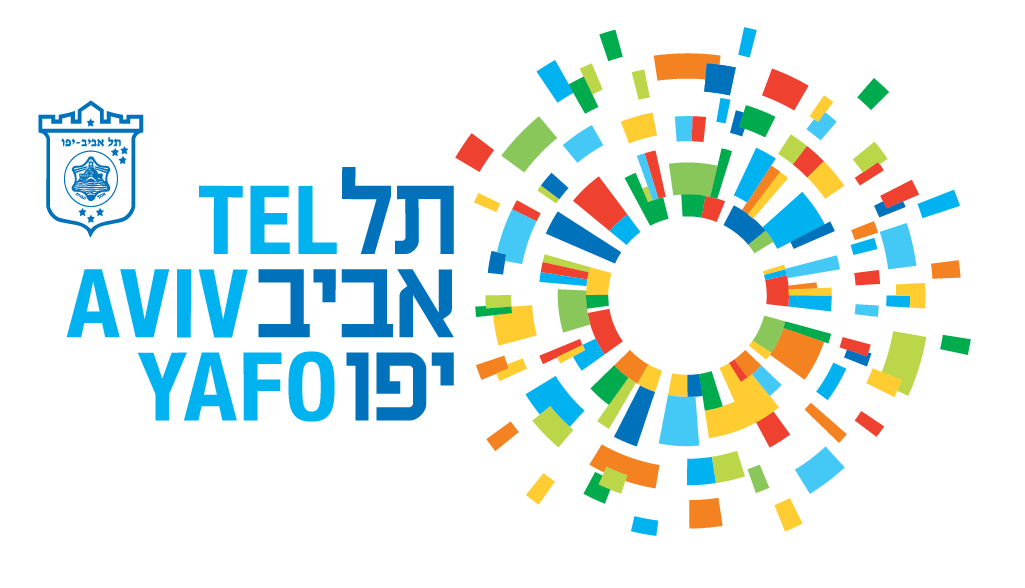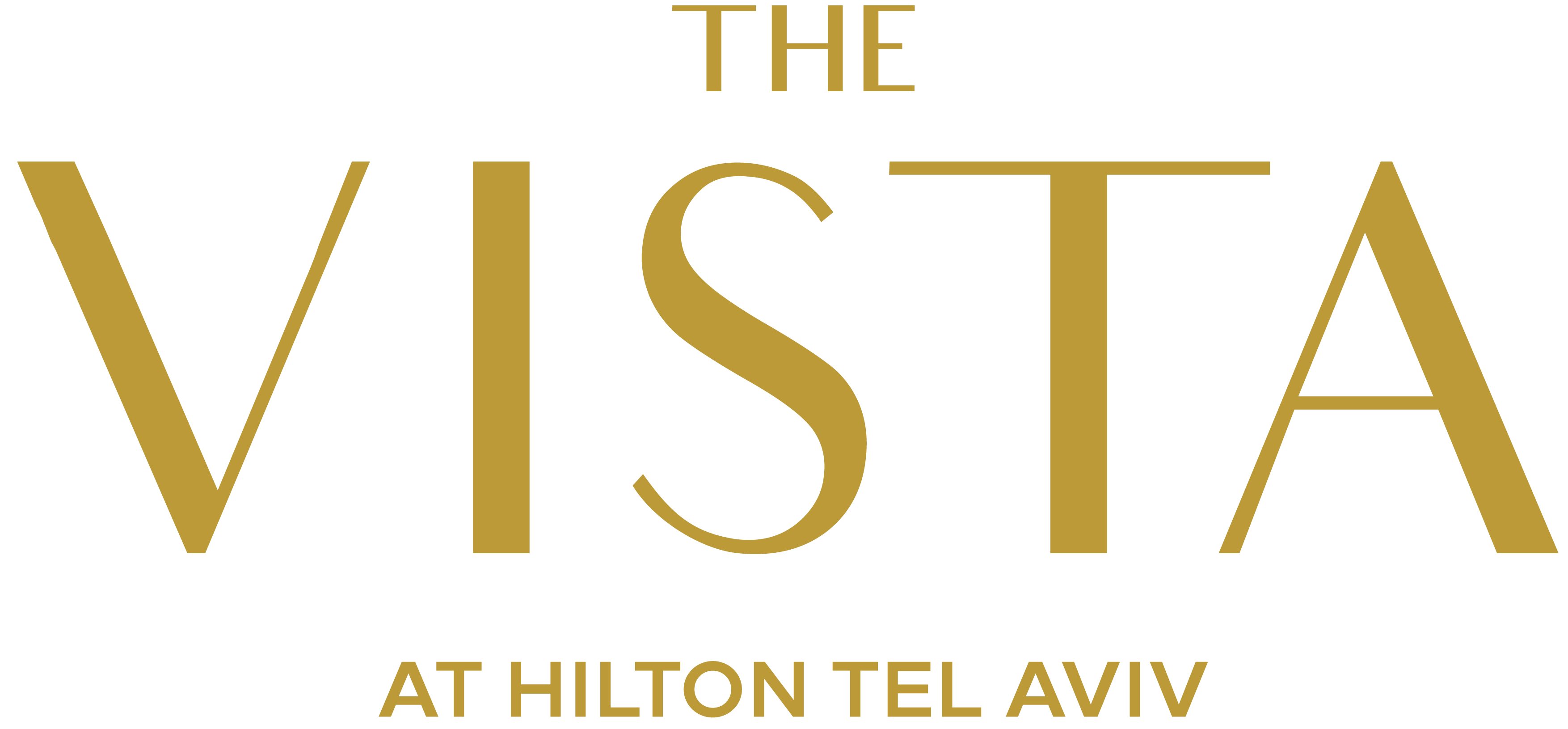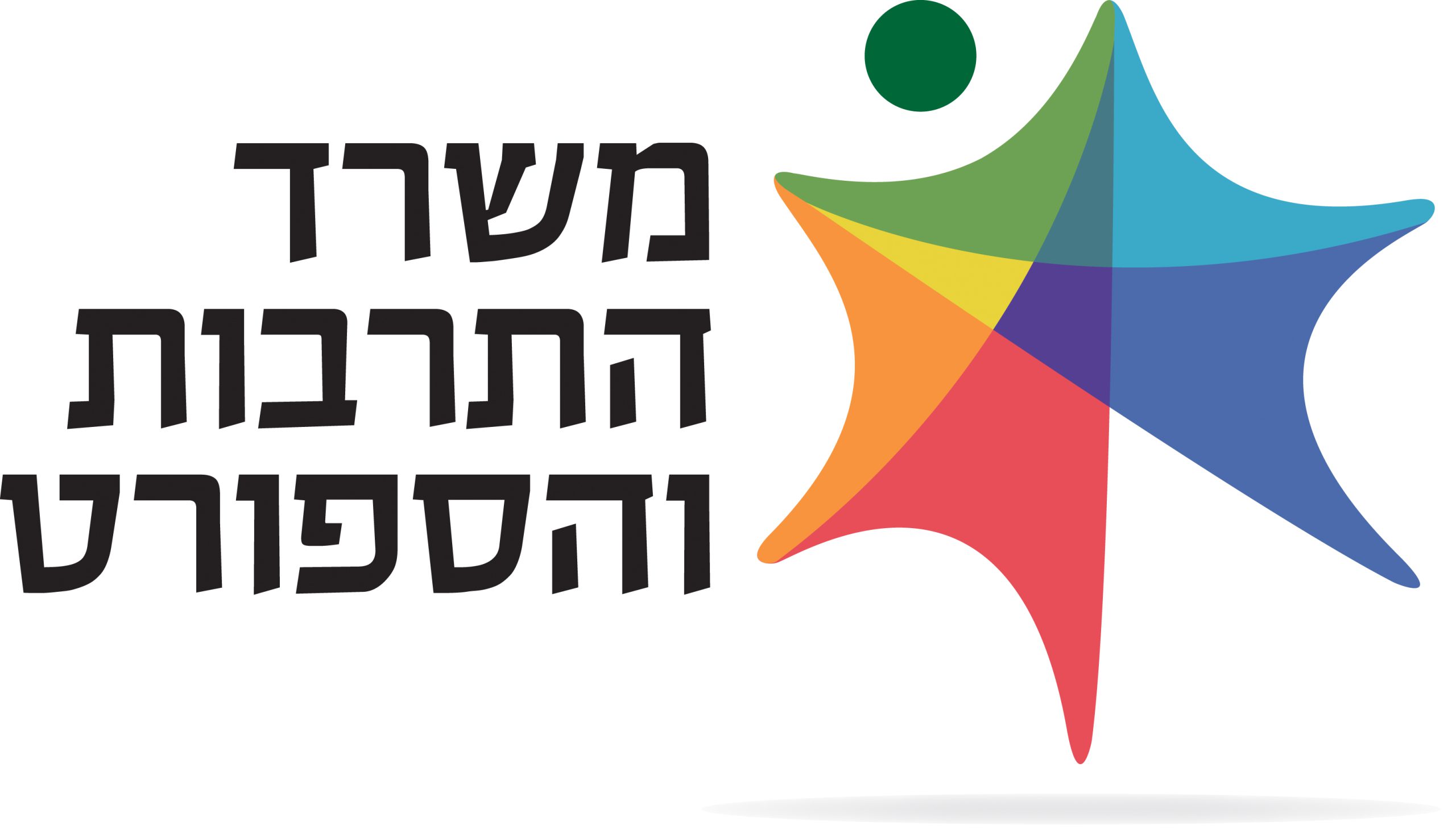What age did you begin playing a musical instrument?
I started playing when I was 10 years old, in 5th grade. I was studying in a “Playing School” in the city of Lod, where I grew up. Neither I nor my family had any musical background. Without any knowledge of the world of classical music, I was found suitable for brass playing, was handed a trombone and started playing.
What age did you understand that you wish to pursue a musical career?
I think that from a very young age I have realized that I enjoy playing with people, and I was fortunate to meet very dear friends whom I play, practice and hang out with until this day. These types of friendships during my time in high school and the army had a major role in my desire to keep playing – making music with people. I was considered a very talented player from an early stage, I was playing in all of the well known programs and in every ensemble I was considered the best musician of the group. However, the thought of making it a “profession” has never occurred to me. I had never thought of auditioning to an orchestra or applying for a professional job, until at age 19, my teacher then Daniele Morandini, just stated it as a fact. Considering playing as a “serious” profession is something I’m still wrapping my head around. I would have been still practicing and getting better at playing the trombone even if it weren’t my profession, only because it brings me joy and the opportunity to express myself.
Name an unforgettable moment with the IPO
I would name one of the concerts of Mahler 3rd on Zubin’s last tour with us in Europe last summer, with the great famous solo which is very close to my heart. As well as some other wonderful concerts with Alan Gilbert (Dvorak 9th) and Kirill Petrenko with Brahms 3rd. Since I entered the orchestra in such young age, and with versatile genres of music which I love playing and listening to, I actually remember a concert in which Chava Alberstein sang two songs with the orchestra; a matinee for choir students. I remember being very moved when she entered the stage and sang, spreading stardust and shine which I admire, and creating intimate moments of music making and listening, something rare even for an orchestra like ours.
What do you love to do off stage?
I love reading, listening to old jazz records, cooking, and gardening. I love movement, whether in Yoga and Qigong exercising, running or cycling. I really enjoy meditating, alone or with friends, and lead attentive life. It opens up a whole new world of enjoying elemenaty things like washing dishes, walking, breathing…
Which kind of music would we find on your playlist?
In this past year I started listening to classical music from the north of India, and especially to two singers – Pandit Pran Nath, and Hafeez Ahmed Khan. It’s a part of a music education journey I took on myself, in which I learn how to hear the different sounds and sing according to the Indian tradition. It opens my heart and enriches my entire musical experience, especially in orchestral playing and in teaching. Other than that, I’m a huge fan of George Harrison and the Beatles, Paul Simon, Amy Winehouse, and jazz artists like Don Byas, John Coltrane and Duke Ellington.
What is the special significance of the IPO to you/Why did you want to be part of the IPO?
For me the IPO is a place in which I’m allowed to freely be who I am. There is an abundance of versatile personalities in our orchestra, every person sounding like themselves – there is no other orchestra that sounds like us; there is so much character in our playing and human qualities. I’m honored to be a part of an institution like this, which utilizes everything its people can offer, on stage of course, but also off stage. For example, everything that conncets to personal initiatives, the musicians’ self-management, shared decision-making process, being open to artistic and creative ideas outside the concert hall, being conncected to our subscribers and donors, and everything that is happening around us.
Did you acquire any new skills during the pandemic?
As I have mentioned, I learned a lot about non-western “classical” music – Indian singing, playing the piano and improvising. I also feel that I have developed my cooking and baking skills, thanks to Assaf Abir’s “Not a Cookbook”. I also feel that I have became a person who can enjoy simplicity, better than before; letting go of expectations and enjoying what I have. I can also see it in the way I practice the tombone, incredibly less stiff than before, going with the flow and letting things just happen, and above all, trying to leave the practice room with a smile. It was a refreshing change in my relationship with the instrument.
How can we keep classical music and live performances relevant in the digital era?
I feel that we are doing incredible things with everything connected to digital media, we have a great hard-working team for that. I’m a little conservative about this subject, but I think that there is no substitute for hearing a high quality sound in a large space with 2,000 pairs of ears who all share a unique moment together. The need of making our art more accessible in the days we can’t go to the concert hall has created new technologies, but for me the core essence is a live concert and that is what I hope to do again. Letting other people experience what I experience through playing, creating through my body, breath and lips, a sound which is a part of the most spectacular thing called the orchestra.
Something you wish to share about yourself?
I would like to conclude by thanking, from the bottom of my heart, all those who have supported us. It always moves me to see people choosing to support culture, the arts and artists, and it cannot be taken for granted. I wish us all to keep being able to listen to high quality music, in a direct way, for many more years.
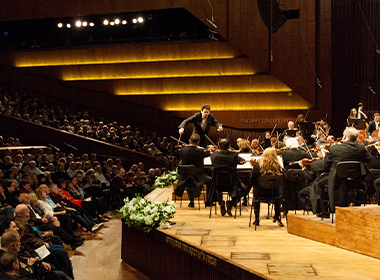

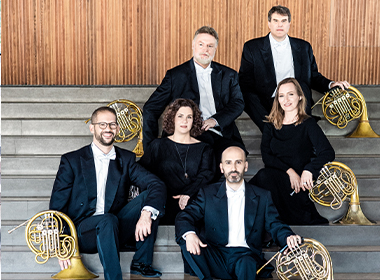





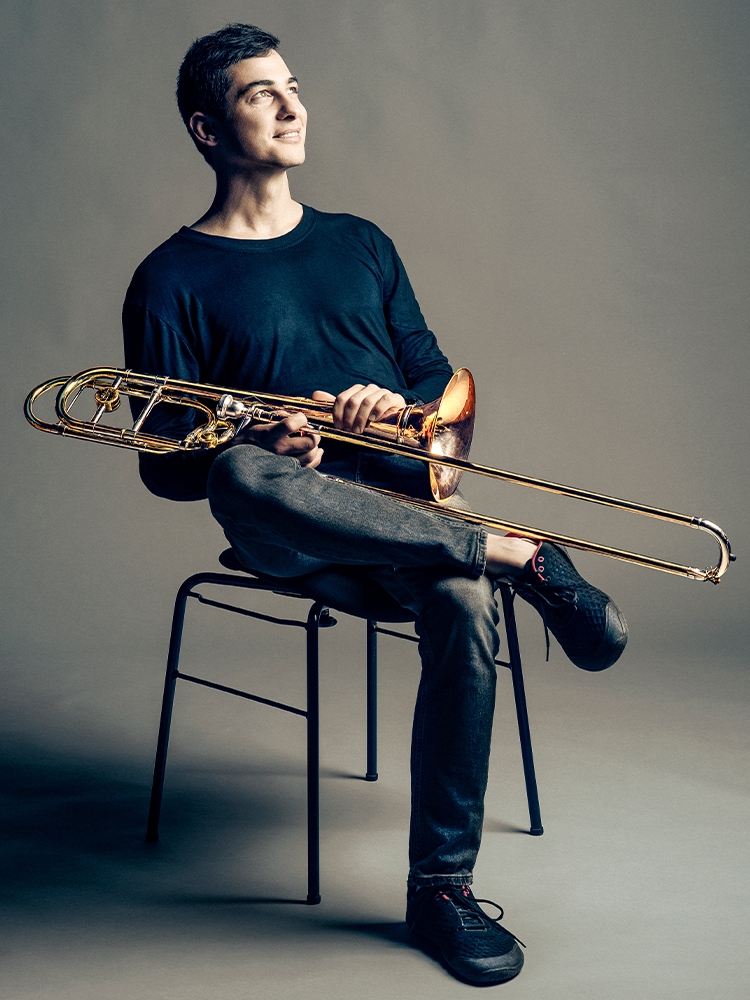

 Back to top
Back to top

